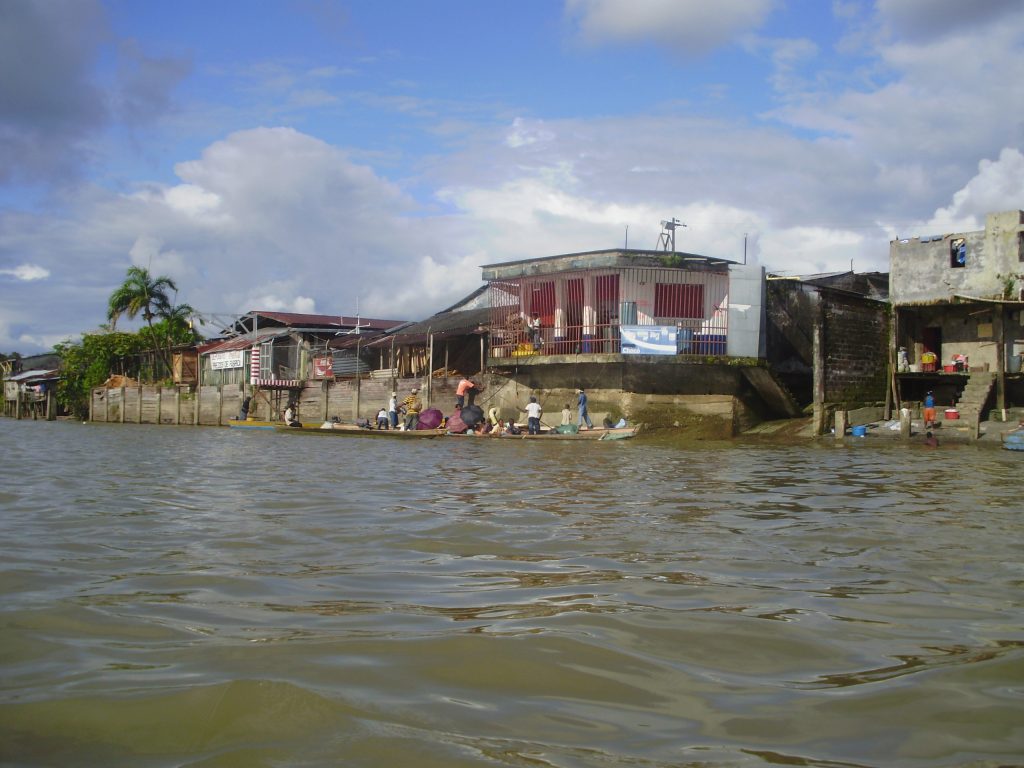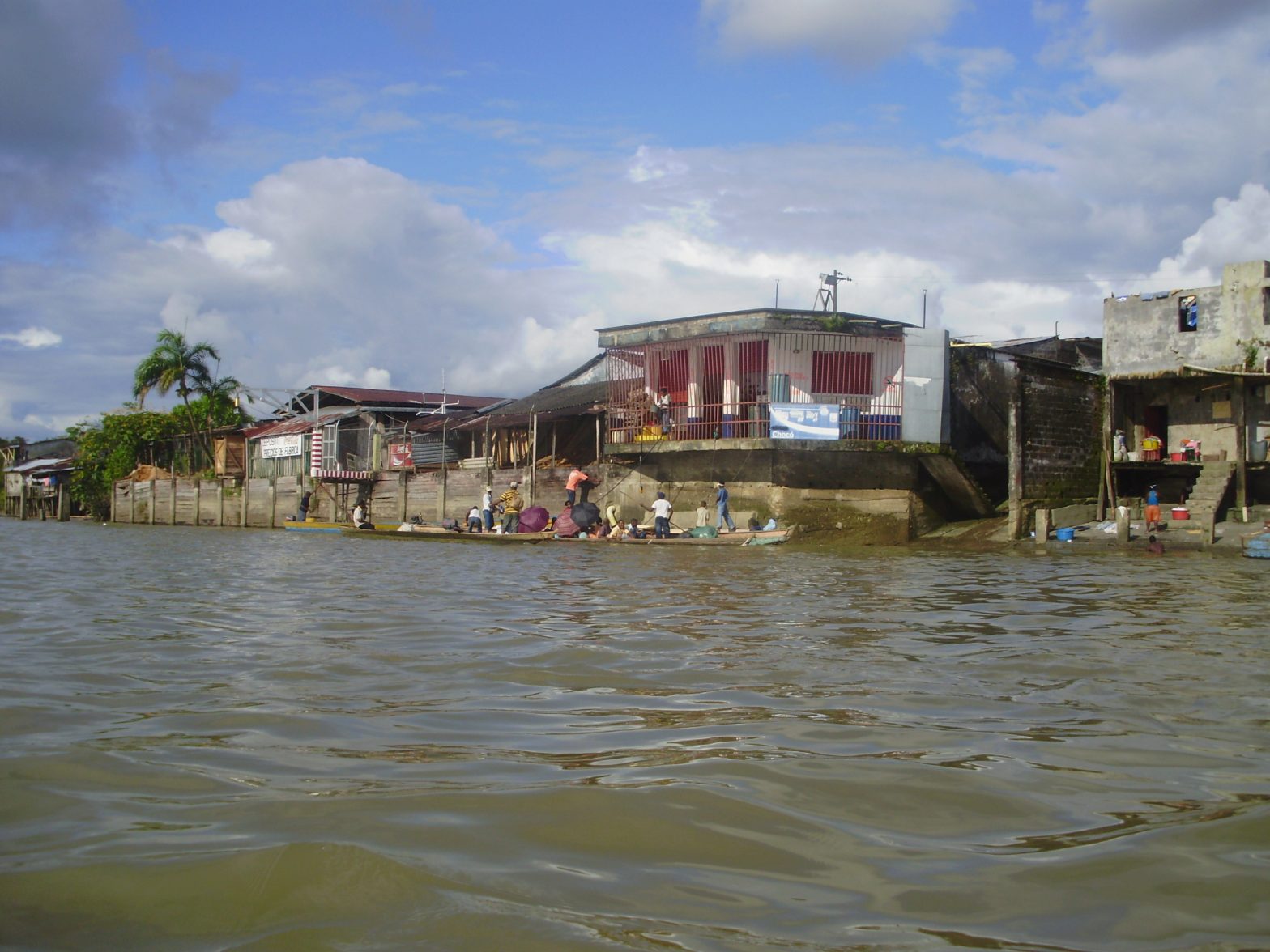
On April 13, María Ximena González Serrano offered a presentation about her work and reflections about the Atrato river case.
Ximena worked with the local communities and social organizations in Chocó between 2010 and 2018, and she supported the documentation and litigation process in defence of the Atrato River. She was co-founder and co-director of the Tierra Digna Center for Social Justice Studies between 2010 and 2018, from where she helped initiate and support the Atrato river legal process. She holds a degree in Law, a Major in Environmental Law, a master’s degree in Latin American Studies, and is currently pursuing a doctoral research project on river rights. Also, she worked for over 15 years as a practicing lawyer with Indigenous, Afro-descendant, and farmer communities in Colombia. She has deep knowledge of the social processes leading to the filing of the Atrato case, the case ruling, and the status of its implementation.
In her presentation, Ximena explained in detail how the communities brought the Atrato case before Constitutional judges in Colombia, for the defence of the rights to life, health, and a healthy environment of the ethnic communities affected by uncontrolled mining and other polluting activities in the river basin. The case was decided in favour of the petitioners in 2017 by the Constitutional Court. It included, besides the declaration of violation of the human rights of the petitioners, the surprising recognition of the self-standing rights of the Atrato River. Ximena offered a rich account of the socio-economic, political, and cultural context of the parties and ecosystems involved in the case.
During the round of questions and comments, we discussed how after 3 years of this judicial decision, the difficulties affecting the implementation of the 2016 Colombian Peace Agreement are important factors affecting the implementation of the Atrato river ruling as well. Ximena highlighted the historical process of vindication of the rights of Afro-descendant communities in Colombia and placed the Atrato river case as part of that long struggle. She shared her reflections on how the ethnic communities have appropriated the ruling. Thus, a tool to continue advancing their rights to life, health, a healthy environment, and, not least, their right to autonomously manage and decide over their territory, which she argues is the core of the case.
Text by Catalina Vallejo

